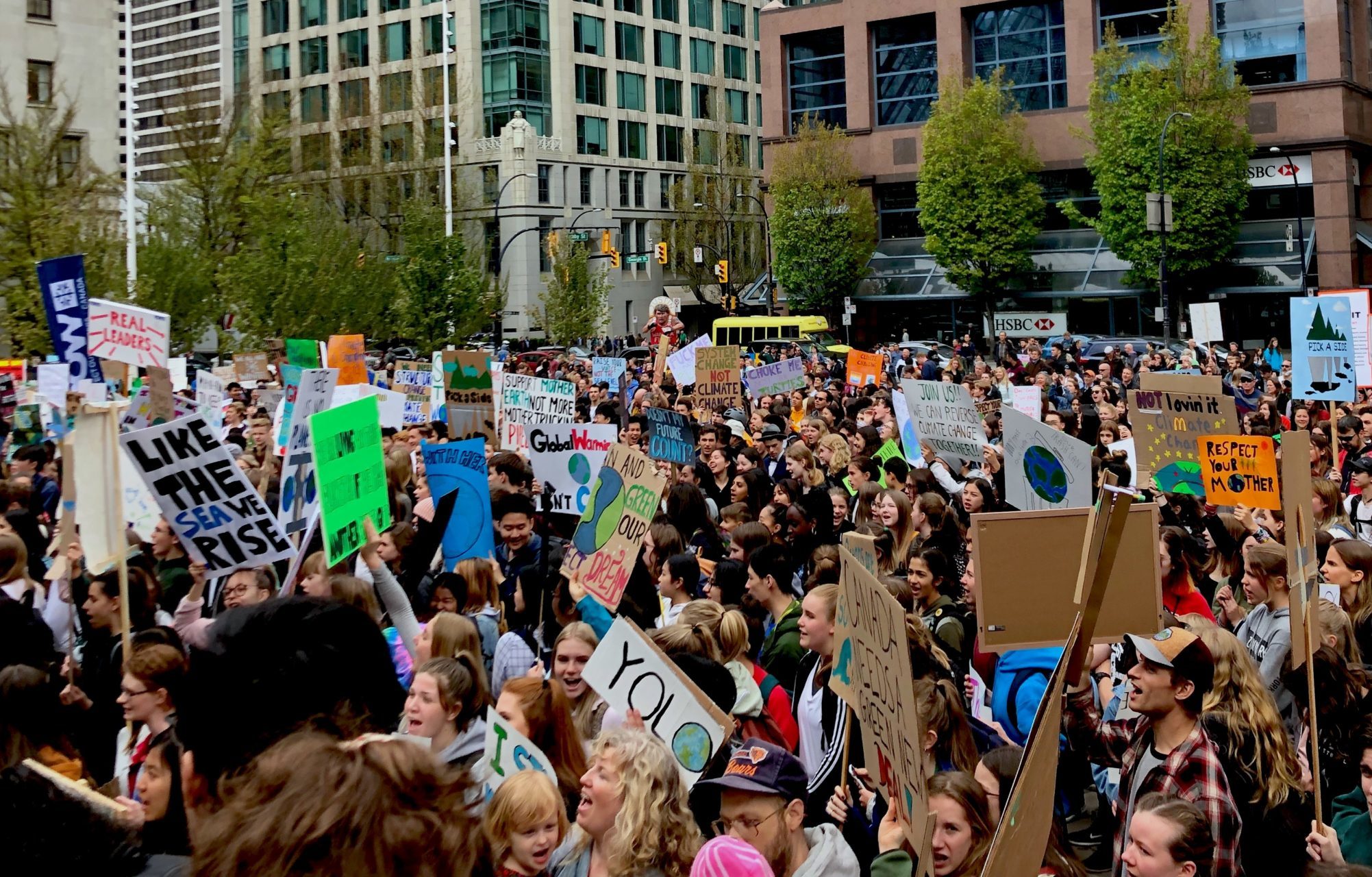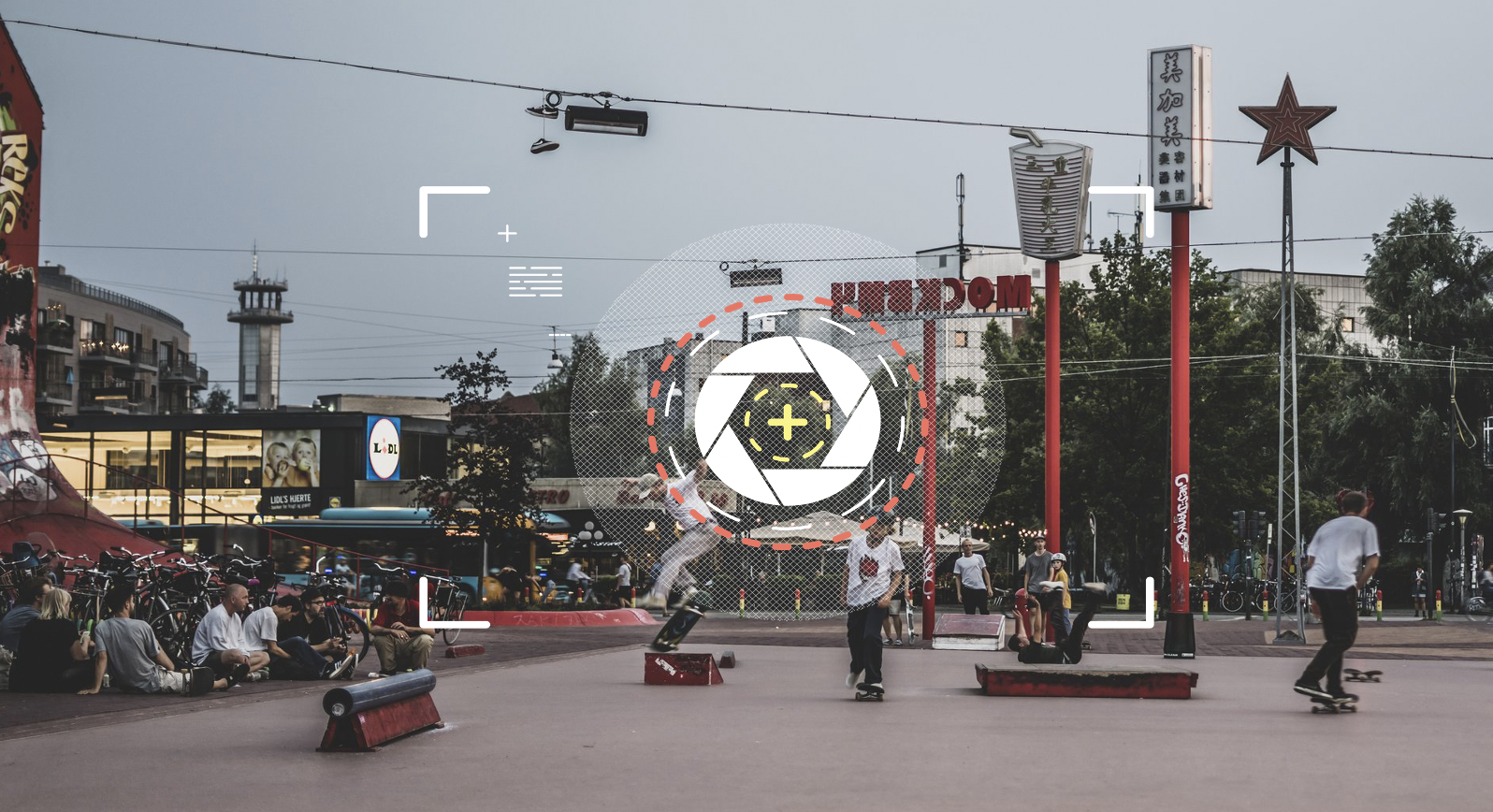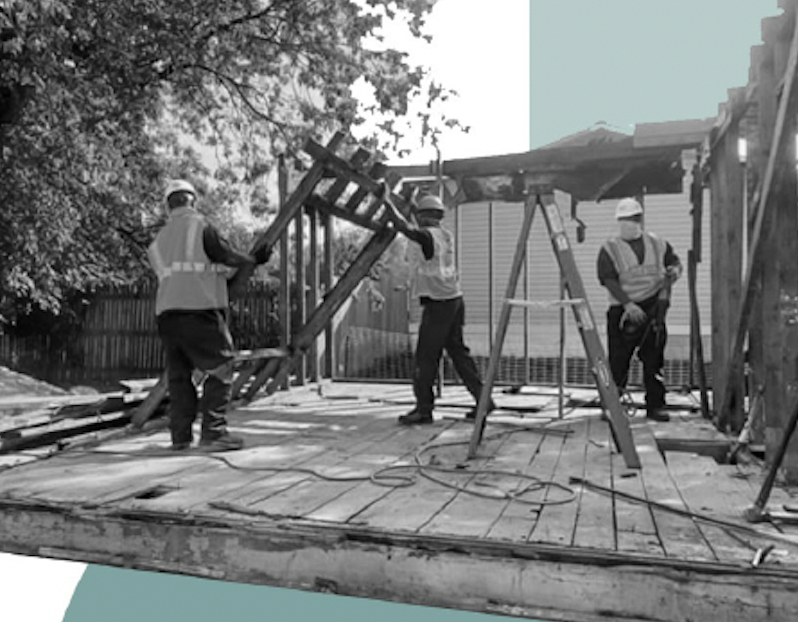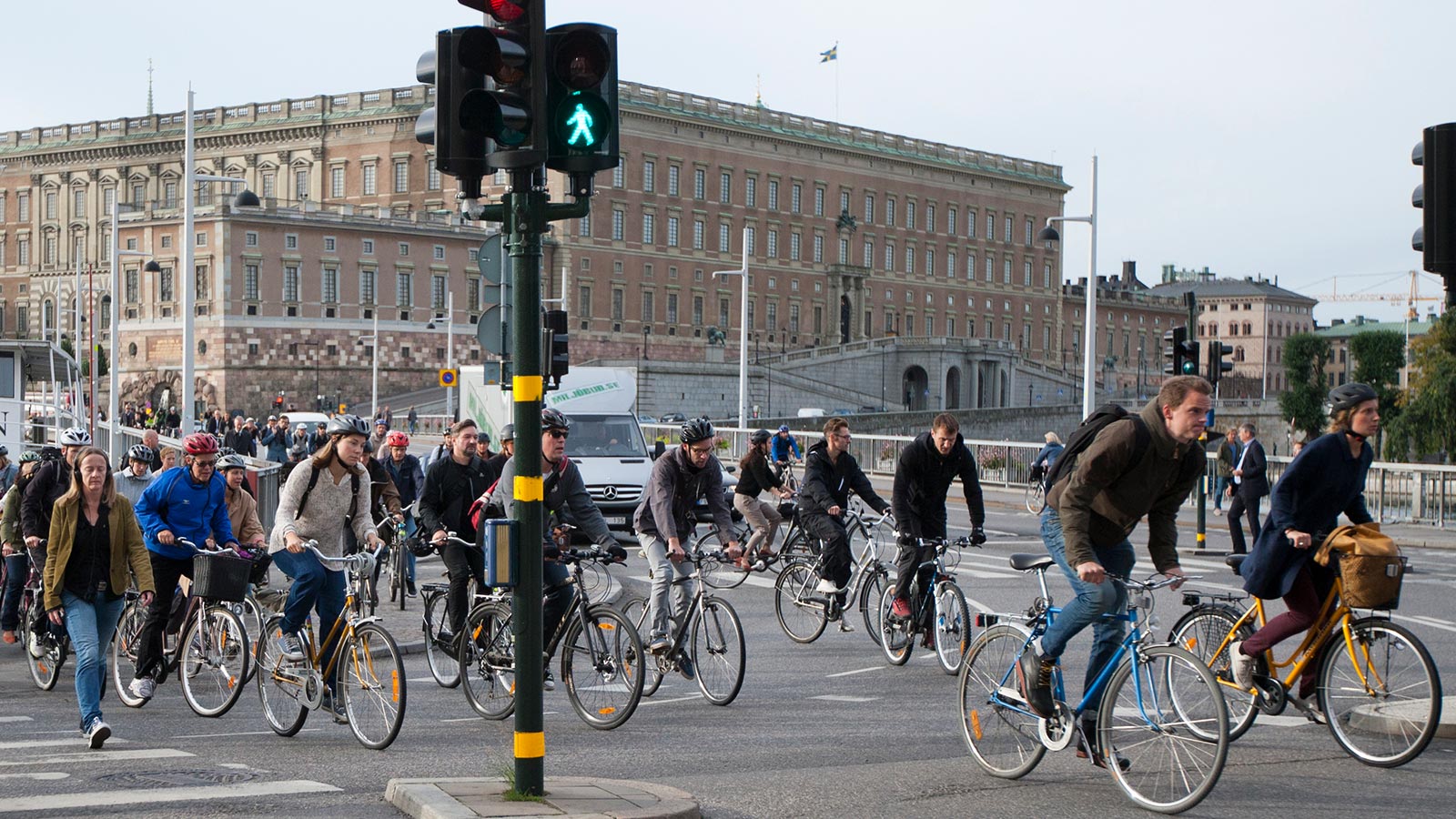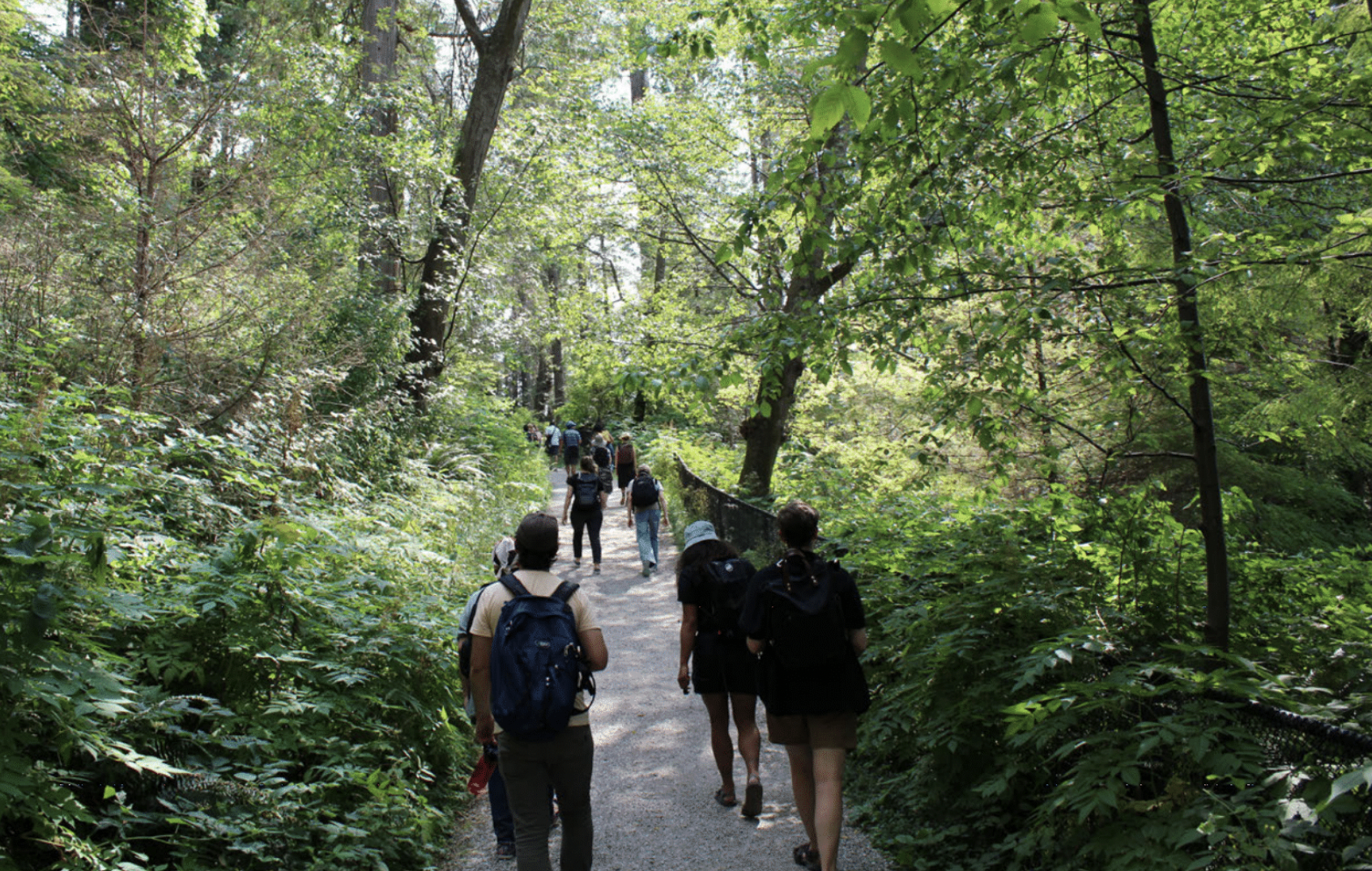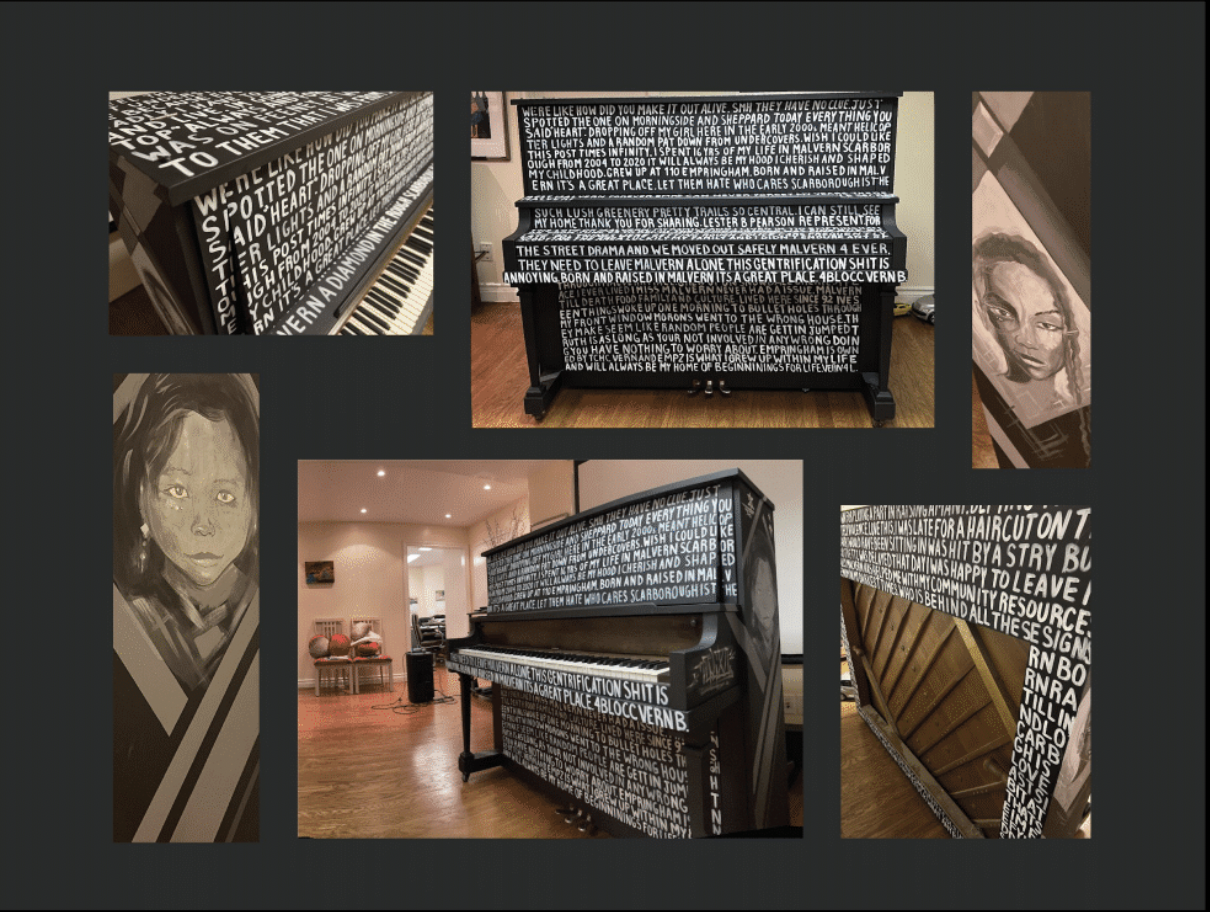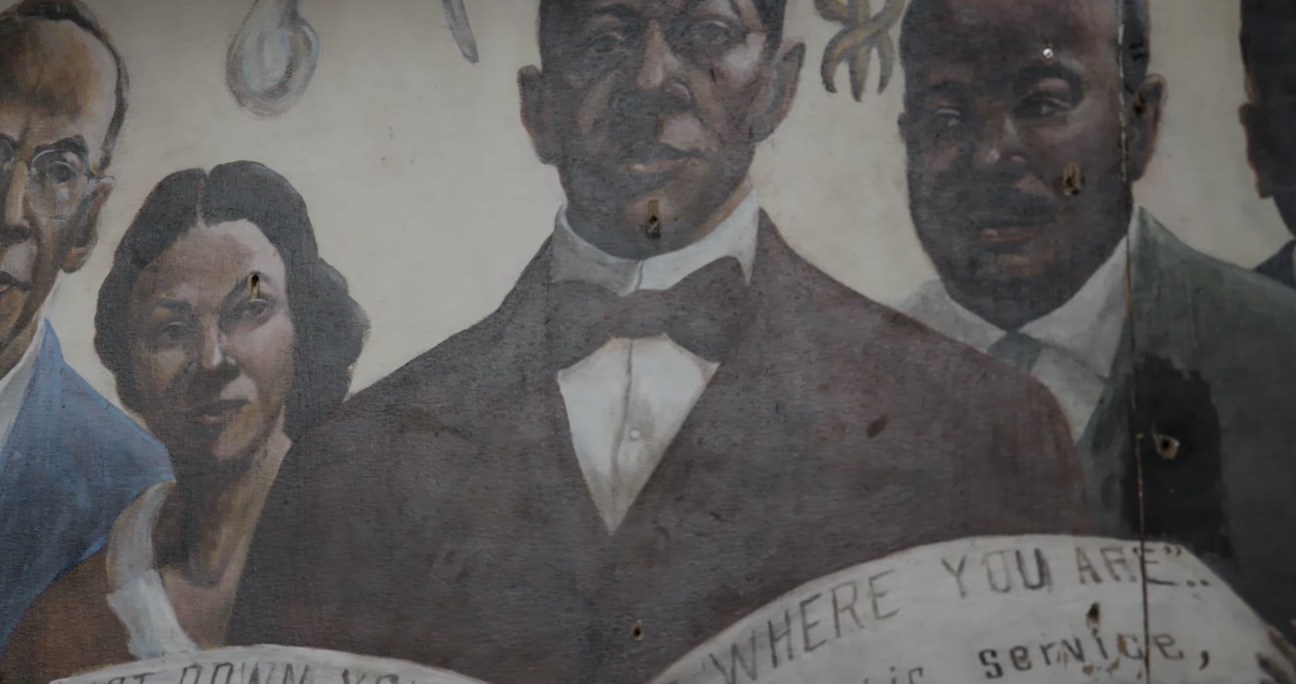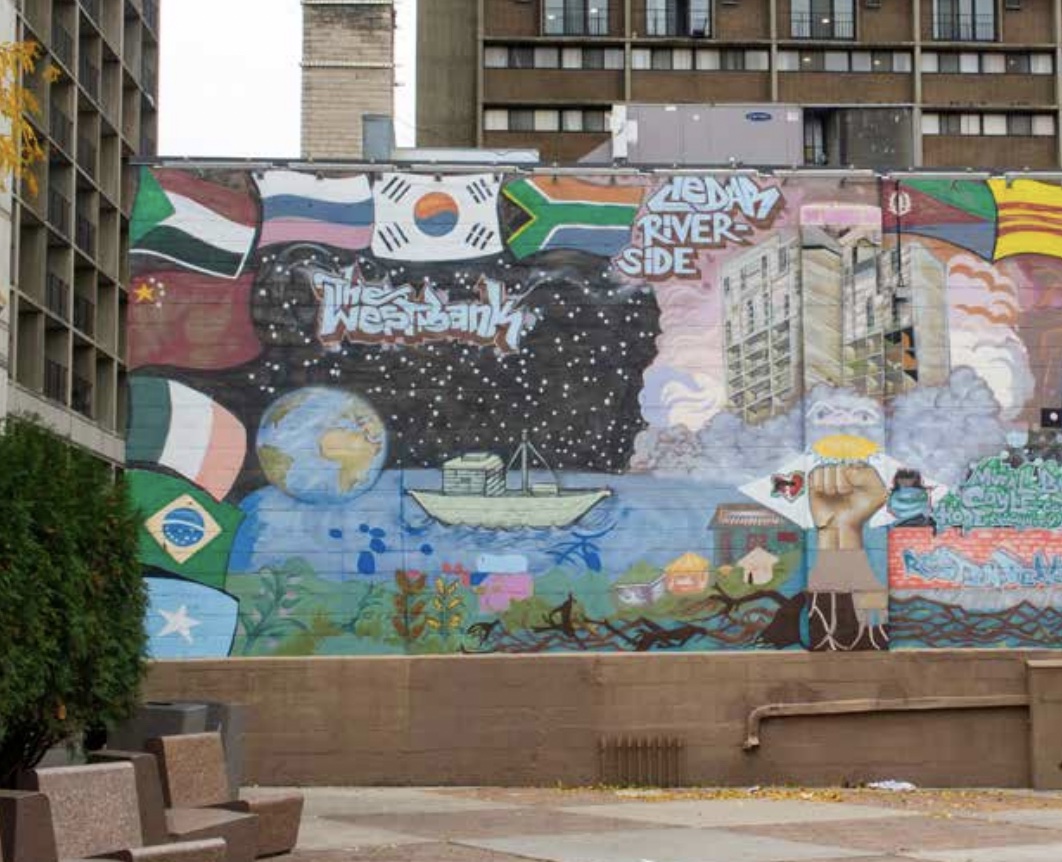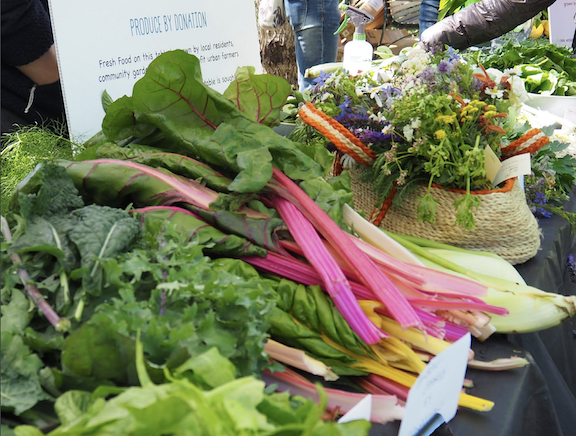Overview
CNCA is committed to a just carbon neutral future that recognizes and redresses the disproportionate burdens and the disproportionate benefits of the fossil fuel economy by prioritizing climate action that advances the well-being of low-income people, Indigenous Peoples, communities of color, immigrants and refugees and other historically marginalized communities (priority communities).
Read CNCA’s full Climate Justice Statement, developed with members across various geographies.
Our Approach
Inequality and the climate crisis are both the result of extractive social, economic and governance systems. These systems exploit natural resources at unsustainable levels and perpetuate the oppression of priority communities. By working at the intersection of climate change and social justice, we can address the root causes of these interconnected crises and advance restorative outcomes.
CNCA Climate Justice Programming includes:
- Learning Cohorts:
CNCA hosts a climate justice webinar series with a small cohort of members for city staff to share with each other and learn from experts in the field. The series explores tools, processes, and practical examples. Topics have included person-centered design strategies, collaborating with and empowering community advisory groups, equity tools- principles and practices, and ethical storytelling.
_ - Research and Resource Development:
CNCA supports the development of resources to assist members in embedding climate justice in their work and to advance the state of practice across the field. Recent projects include:
_
Embodying Justice in the Built Environment: Circularity in Practice — A guide and workbook to aid local governments in considering justice and equity within the materials, structures, and relationships that comprise the built environment. Developed by researchers in the Just Places Lab, Reparative Praxis Lab, and Circular Construction Lab at Cornell University in partnership with the Susan Christopherson Center for Community Planning and the Circularity, Reuse, and Zero Waste Development (CR0WD) Network (workbook available here; and a recording of the webinar with a panel of the project team is available here).
_
Youth Urban Segregation in Aurora and Barriera di Milano — To better understand the lived experience of young adults with a migratory background in Turin, Italy, research was conducted exploring barriers to integration, experiences of discrimination, and resulting impacts on life outcomes. While conducted in Turin, the project provides insights which help increase our understanding more broadly of the lived experience of young adults who themselves or their parents were not born in Europe. The project was conducted by Sara Fenoglio, researcher and community organizer, through review of existing research and interviews (final report available here).
_ - Climate Justice Grants:
Small grants support city/priority community organization partners to undertake projects to gain skill and experience in moving from consultative processes toward power sharing models for the co-creation of climate policies and programs which center the needs and aspirations of priority communities (people of color, Indigenous Peoples, immigrants and refugees, low-income people, and other marginalized people).
Descriptions of funded climate justice program projects are below. To find out more about funded projects across CNCA’s other strategic program areas, many of which also center climate justice, please visit our Driving Innovation page.


